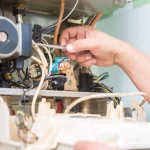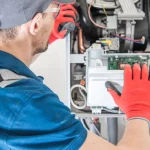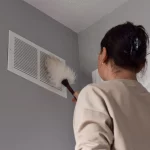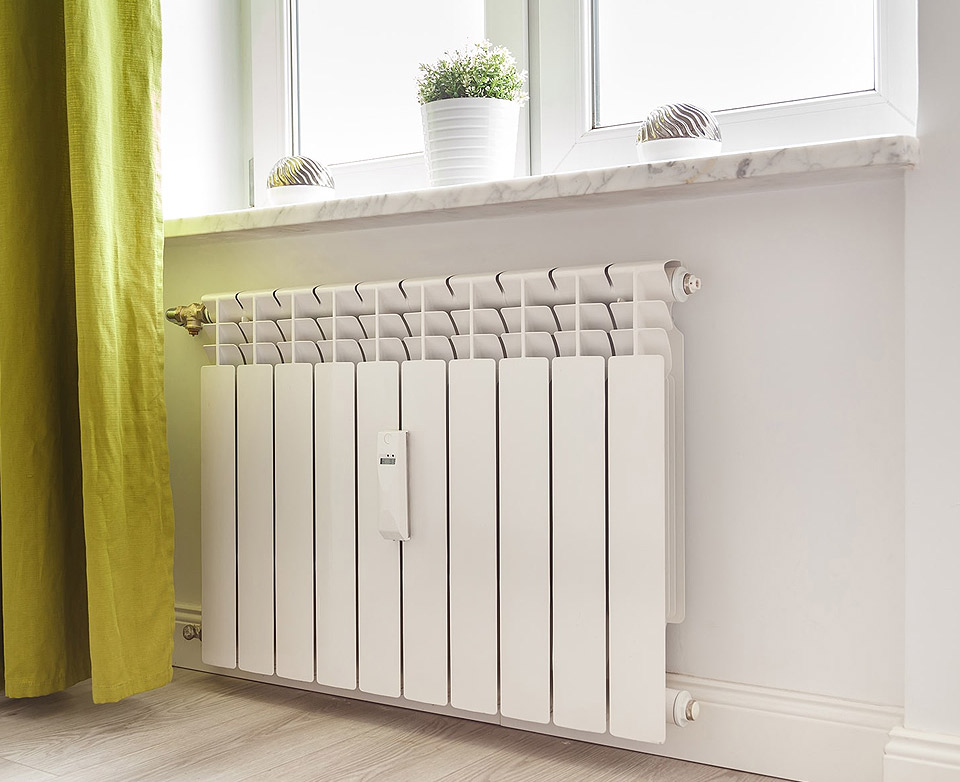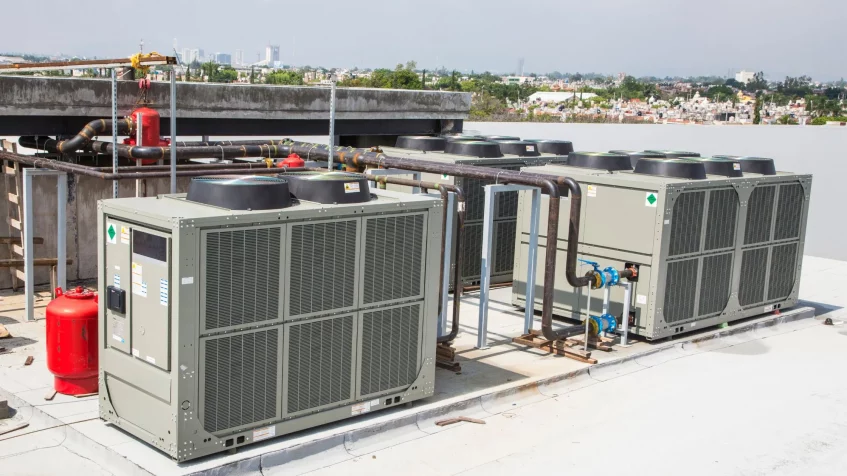
Know When to Call a Central Air Conditioning Pro
As the summer sun beats down, casting its relentless rays upon your abode, there’s one unsung hero standing between you and the sweltering heat – your central air conditioner. Ah, the sweet relief of a cool breeze on a scorching day. But what happens when this knight in shining condenser starts showing signs of fatigue? That’s when it’s time to don your homeowner cape, put on your detective hat, and consider calling in the cavalry – a Central Air Conditioning Pro. In this comprehensive guide, we’ll delve into the intricacies of your cooling system, explore the telltale signs of trouble, and navigate the do’s and don’ts of pre-pro intervention.
Understanding Your Cooling System
Before we embark on this journey of AC enlightenment, let’s take a moment to understand the complex machinery that keeps us cool and collected during the dog days of summer. Your central air conditioning system is not just a box that magically produces cold air; it’s a sophisticated network of components working in harmony. From the compressor to the evaporator coil, each part has a crucial role in maintaining your indoor oasis.
Now, with this basic understanding, let’s unravel the mysteries of when it’s time to call in the professionals.
Signs It’s Time to Call a Pro
1. Lack of Cool Air:
Let’s start with the most glaringly obvious sign – if your air conditioner is blowing anything but cool air, you’ve got a problem. It could be an issue with the compressor, refrigerant levels, or even a malfunctioning thermostat. Whatever the case, if your home feels more like a sauna than a sanctuary, it’s time to summon the pros.
2. Poor Airflow:
A weak or restricted airflow is like a ninja issue – subtle but potentially lethal to your comfort. It could indicate problems with the ductwork, a failing fan, or even a struggling compressor. If you find yourself strategically placing your furniture for maximum breeze exposure, it’s time to make that call.
3. Strange Noises:
Bangs, clanks, squeaks – your air conditioner shouldn’t sound like a percussion concert. Unusual noises can be a sign of loose or damaged parts, worn-out bearings, or even a failing compressor. If your AC has become the neighborhood’s new avant-garde musician, it’s high time for professional intervention.
4. Unpleasant Odors:
The moment your home starts smelling less like a haven and more like a dubious experiment, it’s a red flag. Musty odors may signal mold, while burning smells could indicate electrical issues. A professional inspection can help you identify and eliminate the source of the stench.
5. Leaking or Moisture:
Moisture is your home’s arch-nemesis. If you notice any leaks or moisture around your system, it’s not just a minor inconvenience; it’s a potential disaster waiting to happen. Leaks can lead to water damage, mold growth, and a headache you don’t need. Call in the pros to address the issue promptly.
6. Thermostat Troubles:
Your thermostat is the captain of the AC ship, and when it starts mutinying, you’ve got a problem. If your thermostat seems to have a mind of its own, isn’t responding to your commands, or is playing tricks with the temperature settings, it’s time for a professional evaluation.
The Do’s and Don’ts Before the Pro Arrives
Now that we’ve identified the signs that scream, “Call a Pro!” let’s navigate the do’s and don’ts before the professional knight in shining HVAC gear arrives at your doorstep.
Do’s:
Check the Thermostat Settings:
It might sound basic, but ensuring your thermostat is set to the desired temperature and is in the cooling mode is the first step in troubleshooting. Sometimes, the issue might just be a flick of the switch away.
Inspect the Air Filter:
A clogged or dirty air filter can hinder airflow, forcing your AC to work harder than necessary. Regularly checking and replacing filters is a simple yet effective way to keep your system running smoothly.
Clean Around the Outdoor Unit:
The outdoor unit, also known as the condenser, needs some breathing room. Clear any debris like leaves and branches from around the unit. Good airflow is crucial for optimal performance.
Don’ts:
Attempt DIY Refrigerant Refills:
Refrigerant is not a DIY project. Handling refrigerant requires expertise and specific tools. Trying to refill it yourself can lead to serious damage to your system and pose safety hazards. Leave it to the pros.
Ignore Strange Sounds or Smells:
Your AC unit shouldn’t sound like a haunted house. Unusual sounds or odors are warning signs. Ignoring them could result in more extensive damage. Address issues promptly to avoid a symphony of malfunctions.
Neglect Regular Maintenance:
Prevention is the best cure, and regular maintenance is the key to a smoothly running system. Don’t skip annual check-ups, and consider a professional tune-up before the hot season kicks in. It’s an investment that pays off in the long run.
When to DIY and When to Call a Pro
While the allure of DIY fixes is strong, there are times when picking up the phone and calling a professional is the smartest move.
Filter Replacement:
Regularly replacing your air filter is a simple task that can have a significant impact on your system’s efficiency. It’s a quick fix that can improve airflow and prolong the life of your unit.
Cleaning Around the Outdoor Unit:
Keeping the area around the outdoor unit clean allows for proper airflow, improving the efficiency of your system. A quick sweep every now and then can go a long way.
Call a Pro:
Refrigerant Issues:
Refrigerant is the lifeblood of your cooling system. Handling it requires specialized knowledge and equipment. If you suspect a leak or low levels, call a professional to assess and address the issue.
Electrical Problems:
Faulty wiring or other electrical issues should not be treated lightly. These are potential safety hazards that require the expertise of a professional electrician.
Complex Mechanical Failures:
If your air conditioner is experiencing significant mechanical failures, it’s time to bring in the experts. Attempting to fix complex issues without the necessary knowledge can lead to further damage and hefty repair bills.
The Bottom Line
Your central air conditioner is more than just a machine; it’s your ticket to a haven of cool tranquility. Knowing when to call a Central Air Conditioning Pro is not just about fixing a malfunction – it’s about preserving your comfort and protecting a significant investment.
From mysterious sounds to funky smells, trust your instincts. Your AC unit is a sophisticated piece of machinery, and when it starts acting up, it’s trying to tell you something. Be the superhero homeowner you are and make that call – your cool comfort depends on it!
Remember, a well-maintained cooling system not only ensures your immediate comfort but can also save you from a summer of sweltering regret. So, the next time your AC starts exhibiting peculiar behavior, pick up the phone and summon the professionals. Your cool sanctuary



